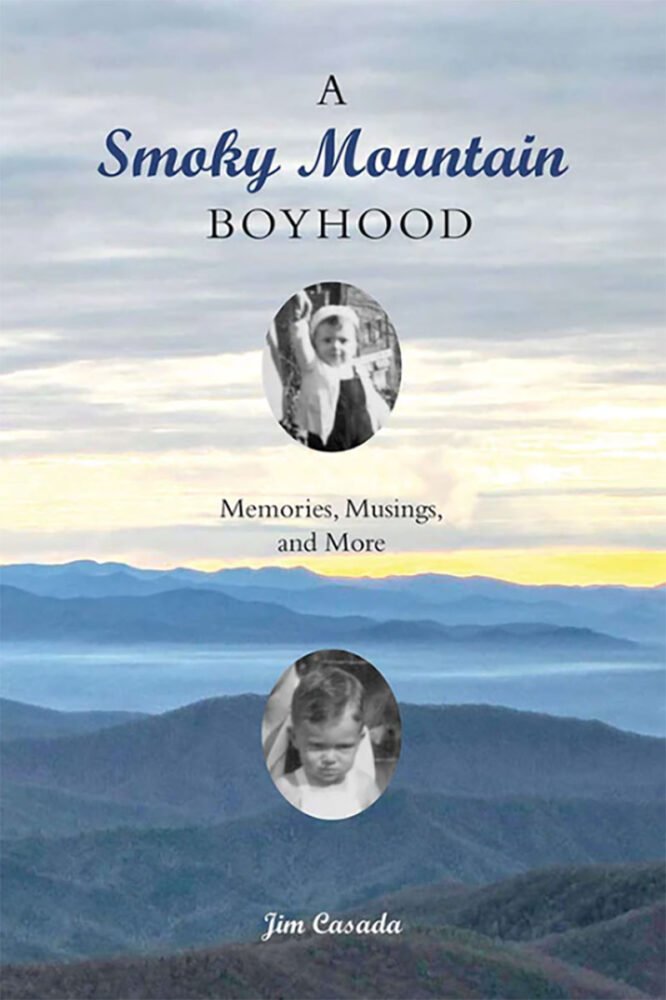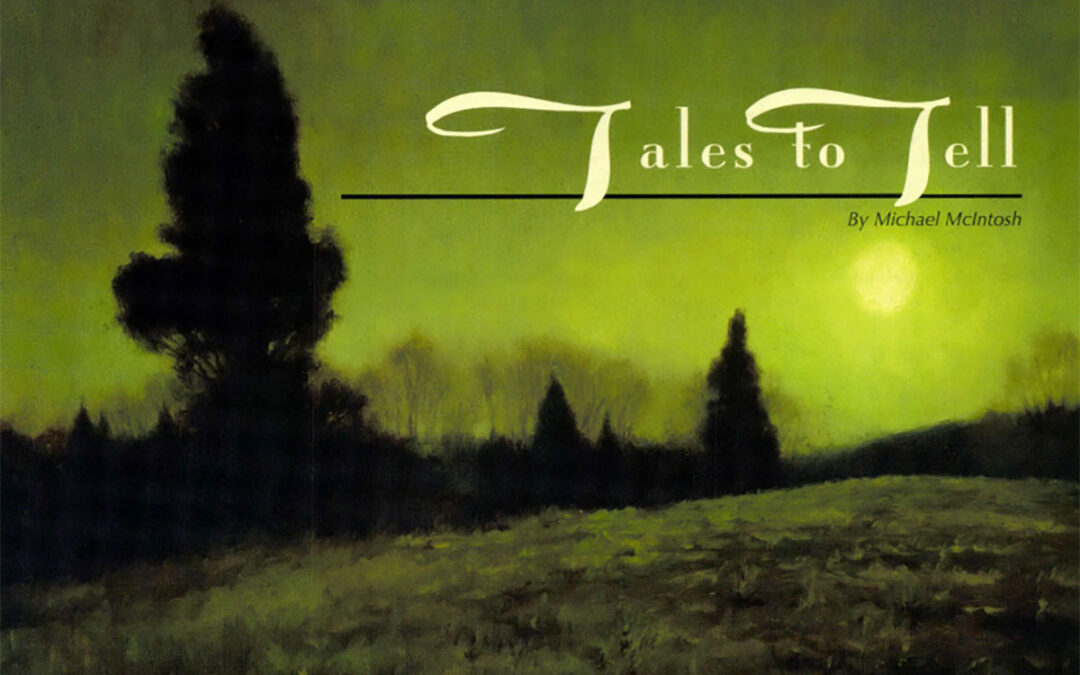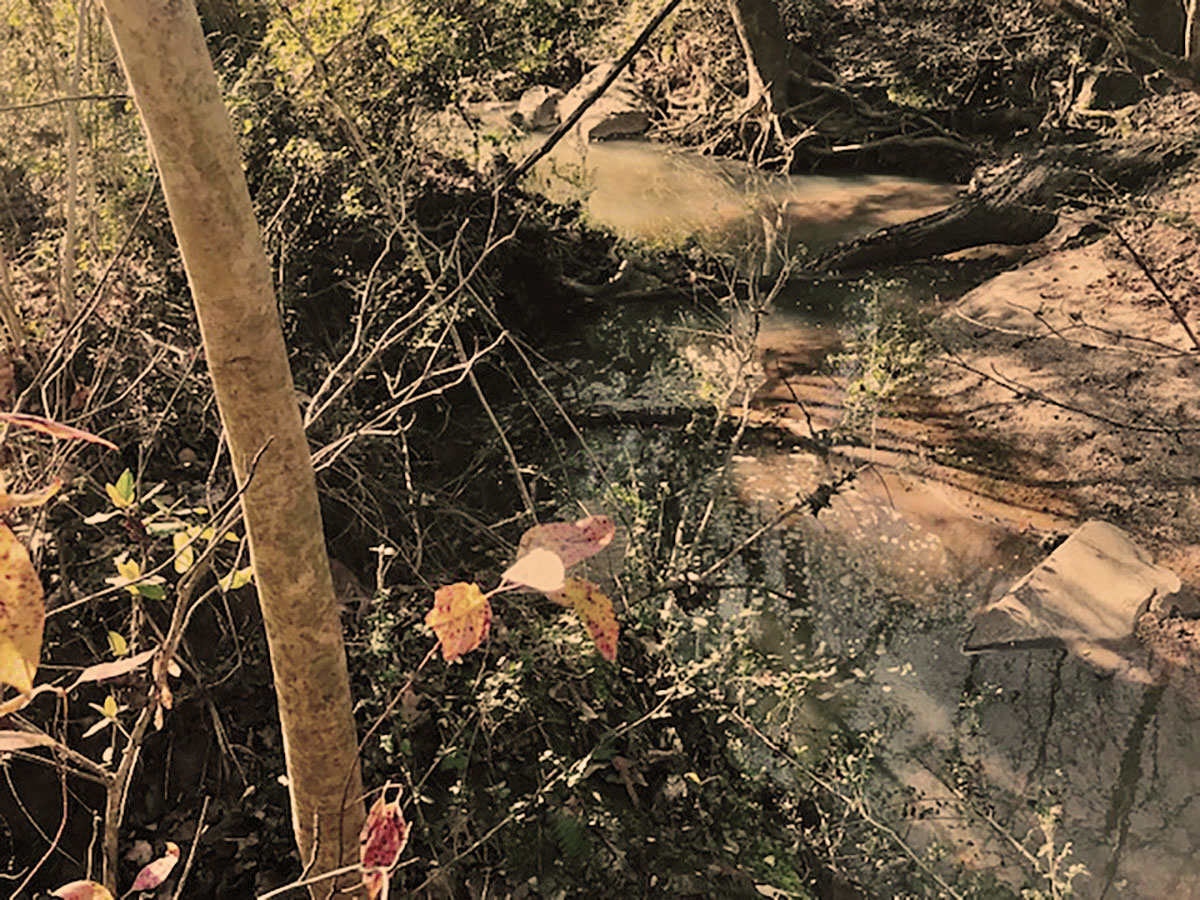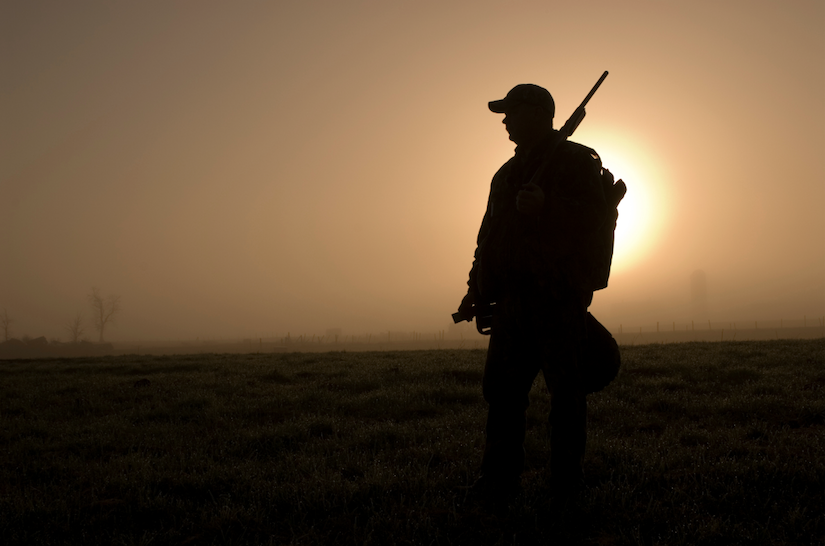When I was seventeen,
it was a very good year.
It was a very good year for small-
town girls and soft summer nights.
We’d hide from the lights
on the village green
When I was seventeen.
– Ervin Drake
I was not yet 17 when I first heard The Kingston Trio sing Ervin Drake’s lovely song and could only imagine what life might be like at that age, or at 21, at 35 and in the autumn of the year. Now I’ve seen them all go under. I have some fond recollections of small-town girls, of city girls who lived up the stair, and of blue-blooded girls who rode in limousines. What I don’t have are many memories of soft summer nights. Where I come from, summer nights are sweltering, humid and mostly sleepless, measured by the muffled roar of electric fans in airless rooms. They were the price I paid for my three-month vacation from school. Thus, I came to adore winter nights.
I simply couldn’t sleep well until nights grew crispy, and a sweet, cool breeze drifted in through my room’s north-facing window. This typically came about in late September. By October, when the mornings saw a thin fur of frost on the sidewalks leading to school, I was in hog heaven. My Dad, aswarm-blooded as I, used to say that one could put on any number of things to stay warm, but you could take off only so much in an effort to keep cool. He was right about that. Nestled into whatever thick coat happened to be my destiny for the coming winter, I could trudge happily off to school and thoroughly enjoy the trip.
Being a December child might have something to do with it, or maybe not. I know for certain that hot, humid weather is my nemesis. I’ve been within a couple of hundred miles of the Equator, where the sun pounds like a blowtorch, and would have to say that choosing between fire and ice would be a snap. The fishing was fun there on the Rio Negro, but I was never sorry to retreat at the end of the day toward our floating hotel, the 82-foot Amazon Queen. Even at three in the morning with the air-conditioning running full-bore in the cabin it was not an environment conducive to deep and peaceful sleep.
That I would opt for ice over fire is not to say that I don’t cherish warmth nor that I can imagine a more comfortable winter evening than those I’ve spent in front of a fireplace loaded with stout bolts of oak or watching the flutter and leap of flames from a gas grate. I truly don’t mind getting cold — but mainly because it just feels so damn good to get warm.
More than anything, I suppose I appreciate the sheer sensuousness of winter nights. This is a subtle thing, perhaps not available to everyone. Moreover, it does not appeal equally to all of our five senses. There is a smell to cold air that I can only describe as purity and cleanliness. A handful of fresh snow tastes as sweet as spring water. The nippy chill against my skin is a reminder that warm blood flows underneath.
Sight is most impaired because winter nights are, by definition, well — dark. But if you can get away from artificial city lights on a clear, moonlit night when snow covers the ground, the whole world turns gorgeous shades of blue. Add to that, countless stars glittering overhead and you find yourself in a kaleidoscope not the least bit less impressive for any lack of vibrant colors. And if you live where the aurora borealis is visible, you can have the colors, too.
Winter nights live largely in sound. I deeply resent the fact that snow falls silently and ice forms without a whisper. Sleet ticking windows and pattering roofs is about the only winter precipitation we can readily hear at night. But there is mitigation aplenty.
I wouldn’t trade away the haunting, deep-throated hoots of a great horned owl or the eerie wails and yips of coyotes on still, frigid nights — or the raspy barking of a flock of Canada geese heading south to find some food and open water. Winter may not be the most fruitful time of year, but it isn’t without evidence that life prevails.
Wind is the most familiar of all winter sounds, or it is to me, having lived most of my life on the ancient midwestern prairie. As a kid, our house was surrounded by trees that leant one aspect to the nighttime sound of winter wind. On my grandparents’ farm, where virtually the only tree in sight was a huge maple that stood next to the house, the winter wind struck an entirely different chord.
The prairie wind owns myriad voices. It whistles and sings, mutters and howls, sighs and keens, rattles and roars. Sometimes it sounds like voices speaking words just below recognition, at other times like a mad chorus shrieking music. It speaks in a language unimaginably complex.
During the times when I lived on that farm, I loved to strike off on a snowy afternoon with a gun and ramble along the railroad tracks in search of a rabbit or two — or if the red gods were especially kind, a covey of quail. As the blue dusk began to gather and the distant house lights came on, I’d bend my way across the fields, feeling the cold tingle my feet and nuzzle my ears. I might have the brief company of two or three crows wanting to reach their rooky wood before dark. I always had the certainty of a warm house, a good and simple country dinner, perhaps a round of Uncle Wiggly afterwards, and a night I would spend snug against the cold.
It was a two-story house, but the upper floor was given to storage. My sleeping-place was the living-room sofa, from which I could watch the flicker of the oil-burning stove. My grandmother was a quilter and on really cold nights always gave me one that I still think of as something approaching the ultimate. It was a patchwork of black and gray and must’ve weighed about 12 pounds. I have no idea what she ‘d used as batting, but it was serious stuff. You could probably insulate a house with it, so long as the structure didn’t collapse under the weight.
Disdaining such fripperies as sheets and blankets, I’d simply drape Grandma’s comforter over the sofa, undress relishing the chill I knew would soon be gone, and wrap up as if donning a cocoon.
And more often than not, the last thing I heard before sleep was the wind gnawing at the corners and eaves of the old farmhouse, like something eager to get inside. I don’t believe I’ve ever felt cozier or safer.
 Born in Bryson City, North Carolina, Jim Casada has had a long career as a teacher, author, and avid outdoorsman. He grew up in a time and place where families depended on the land and their community to survive. Many of the Smoky Mountain customs and practices that Casada reflects on are gradually disappearing or have vanished from our collective memories. Buy Now
Born in Bryson City, North Carolina, Jim Casada has had a long career as a teacher, author, and avid outdoorsman. He grew up in a time and place where families depended on the land and their community to survive. Many of the Smoky Mountain customs and practices that Casada reflects on are gradually disappearing or have vanished from our collective memories. Buy Now




